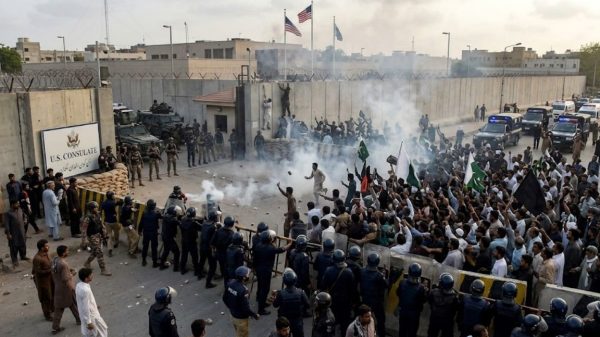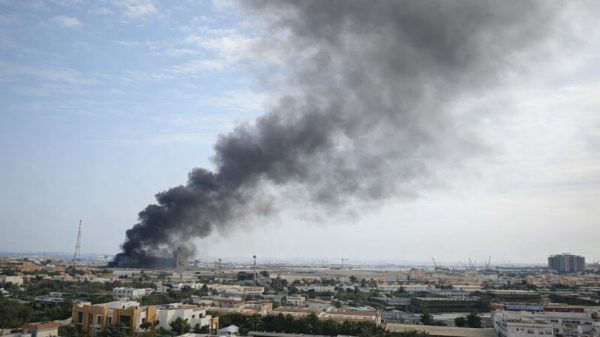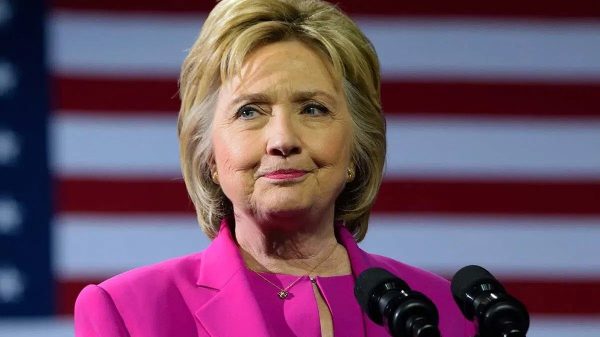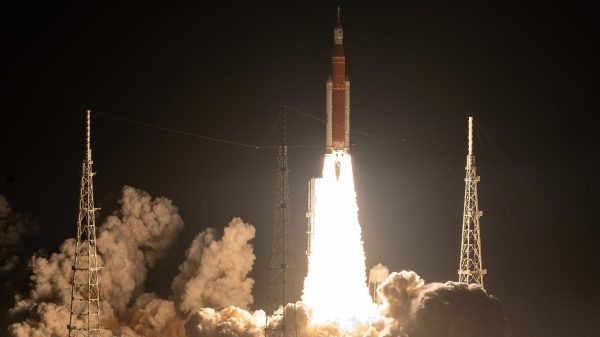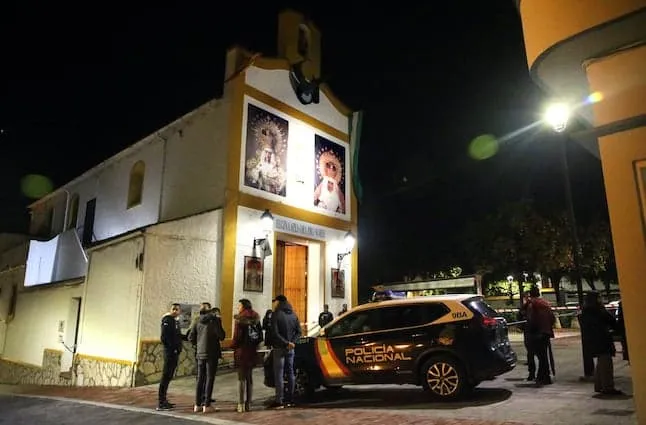The recent machete attacks at two Catholic churches in Algeciras, Spain, have sent shockwaves throughout the city and the country as a whole. On the day of the attacks, a 25-year-old Moroccan man, Yassine Kanjaa, was arrested and held in connection with the alleged crime. The attacks, which left a church sacristan dead and a priest injured, have been identified by police as a possible act of terrorism, and an investigation is ongoing to determine the motive behind the attacks.
Kanjaa, who is described as having no prior criminal record and being an unauthorised migrant in Spain, was already under a deportation order at the time of the attacks. In August 2019, he was arrested in Gibraltar, a British territory located near Algeciras, for attempting to enter the country without proper documentation. He was deported from Gibraltar days later.
The attacks have had a profound impact on the multicultural city of Algeciras, which is known for its tolerance and diversity. Witnesses described the attacker as entering the Church of Nuestra Senora de La Palma and jumping onto the altar, where he wielded a machete and attacked a sacristan. The attacker then chased the sacristan into a nearby town square, where he was killed.
The priest who was injured in the attacks, a member of the Salesian religious order, has been reported to be out of danger. The victim, a 25-year-old sacristan named Diego Valencia, was described by his colleagues as a “good man” who did not harm anyone and was loved by everyone.
The attack has been condemned by the Islamic Commission of Spain, which represents Muslims in the country, as well as by politicians and religious leaders from across the political spectrum. The Spanish government and other authorities have promised to investigate the attacks and bring those responsible to justice.
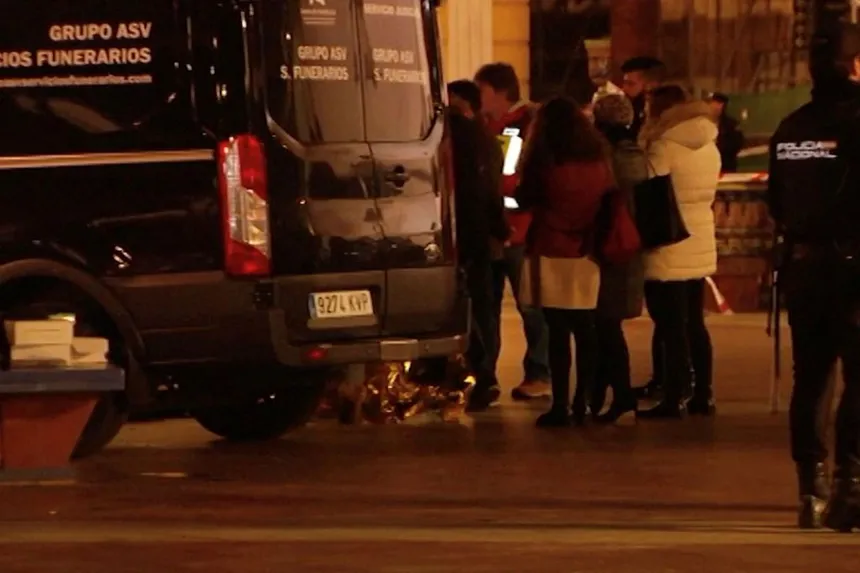
Spain’s Churches Attacked by Man from Morocco
The attacks have also been linked to the country’s ongoing debates over migration and national identity. The far-right Vox party, which is vying to win more seats in upcoming elections, has sought to capitalize on the attacks by linking them to its platform of cracking down on unauthorised immigration. However, many politicians and religious leaders have condemned this approach as divisive and inflammatory.
In an effort to promote unity and calm, the secretary-general of the Spanish Episcopal Conference, Cesar Garcia, has appealed to the public not to demonize any group and to avoid being provoked by inflammatory rhetoric. The attacks have also sparked concerns about the potential impact on the country’s Catholic community, which has been dwindling in recent years.
As the investigation into the attacks continues, the people of Algeciras and Spain are left to grapple with the tragic events that have unfolded. The attacks have shown that even in tolerant and diverse cities, acts of violence and extremism can occur, and that it is up to all members of society to come together to promote peace and understanding.

